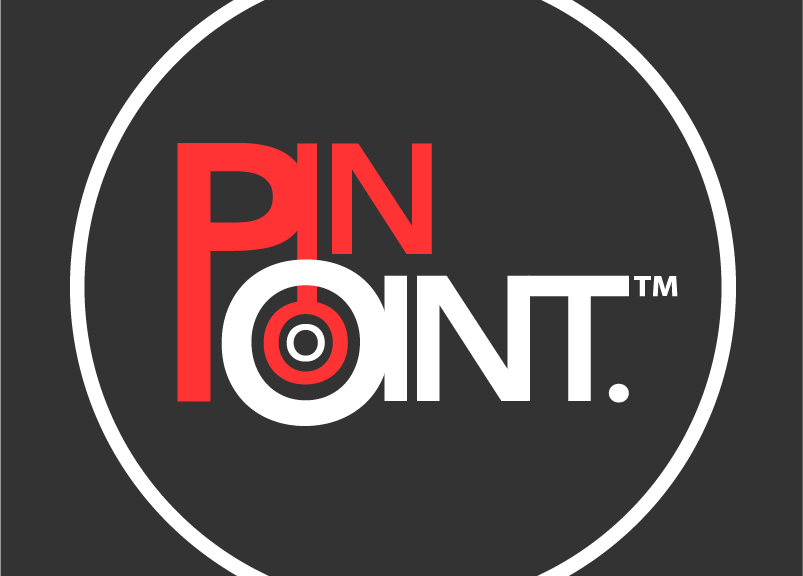KB and HPC International Launch Pinpoint
Klein Buendel has partnered with HPC International, a leading purchased services provider for healthcare, corporations and academic institutions, to create Pinpoint™, the first-of-its-kind sickle cell pain management app, which provides a safe, interactive, and convenient way for patients to learn about, track, assess, and communicate with their doctors about their sickle cell pain.
The Pinpoint sickle cell pain management app provides a safe, interactive, and convenient way for patients to learn about, track, assess, and communicate with their doctors about sickle cell pain.
Developed with teens in mind, people of all ages benefit from the Pinpoint app to identify different types of pain associated with sickle cell disease. Using gaming technology, Pinpoint offers an innovative pain assessment tool and a pain diary to log physical and emotional pain symptoms. With the touch of a finger, patients are able to describe and assess the intensity, duration, quality, nature, and location of the pain and report it to their caregivers and physician in real-time. Pinpoint is a web app and works on any smartphone or smart mobile device. Patients can play games, watch videos, learn preventive health tips, and visit the Patient Stories section with real stories and inspirational messages told by other sickle cell patients.

Sickle cell disease is an inherited disorder of the red blood cells that disproportionately affects people of color. Chronic pain is the most common complication and profoundly disrupts people’s quality of life. Clinicians are often unsuccessful at addressing chronic pain in sickle cell disease, underscoring the need for the Pinpoint app.
“The pain caused by sickle cell disease is incredibly difficult to manage and ‘pinpoint,’ especially for young patients,” said Hilton Hudson, MD, FACS, CEO of HPC International. “When meeting with top researchers at Children’s Hospital in Washington D.C., we all agreed that clinicians needed a better way to treat the different types of pain sickle cell patients may experience, which led HPC to develop a tool to do just that.”
“Teaming up with HPC International and supported by grants from the NIH, Klein Buendel was privileged to create a supportive pain management tool for patients with sickle cell disease,” said Mary Buller, MA, President of Klein Buendel. “HPC and Klein Buendel combined content experts and web developers into a winning combination for patients and doctors.”
The educational content in the Pinpoint app comes from the renowned and best-selling Hope & Destiny book series, written by three clinical expert leaders in hematology: James Eckman, MD, Lewis L Hsu, MD, PhD and Allan Platt, PA-C, MMSc. Hope & Destiny is Hilton Publishing’s premier educational book series on sickle cell disease and is tailored for different reader age groups, including adults and parents as well as adolescent patients.
The Pinpoint app development project was facilitated through two Small Business Innovative Research (SBIR) grants, awarded in 2016 and 2018 by the National Institutes of Health (NIH). HPC collaborated with Klein Buendel, medical experts, teens, and parents of children with sickle cell disease to study how an interactive app with a customized pain assessment tool could provide an improved way for adolescents with sickle cell disease to learn about and better manage their disorder. The study’s Expert Advisory Board was formed by clinicians from institutions and nonprofit organizations including HOPE for SCD, UIC, Emory Healthcare, Children’s National, Marquette University College of Nursing, and the International Association of Sickle Cell Nurses and Professional Associates.
Pinpoint has been clinically evaluated to help aid in the management of pain caused by sickle cell disease. Market research, focus groups, surveys, interviews, and two comprehensive research studies were conducted virtually and in-person with teens, parents and clinical specialists representing communities across the country from 2016 through 2022. Research reported in this press release was supported by the National Institute on Minority Health and Health Disparities under grant numbers R43MD010746 and R44MD010746 awarded to Klein Buendel (Dr. Valerie Myers, initial Principal Investigator; Ms. Julia Berteletti, final Principal Investigator). Pinpoint was designed and programmed by Mr. Adam Ashby of the Klein Buendel Creative Team.
Already, Pinpoint has been featured in:
Sickle Cell Disease News, a healthcare industry website, which provides the sickle cell disease community with the most recent news and information on sickle cell disease.
MedCity News, a leading digital healthcare outlet.
LegalReader.com in their Health & Medicine section on August 23rd.
Healthcare IT Today, a leading digital health tech outlet, in a roundup of healthcare industry news (under the ‘Partnerships’ section) on August 17th.
Pinpoint is available to individuals and medical providers. An individual annual subscription fee is $9.99. To learn more about the Pinpoint app, check out the video tutorial or visit HPC International.

